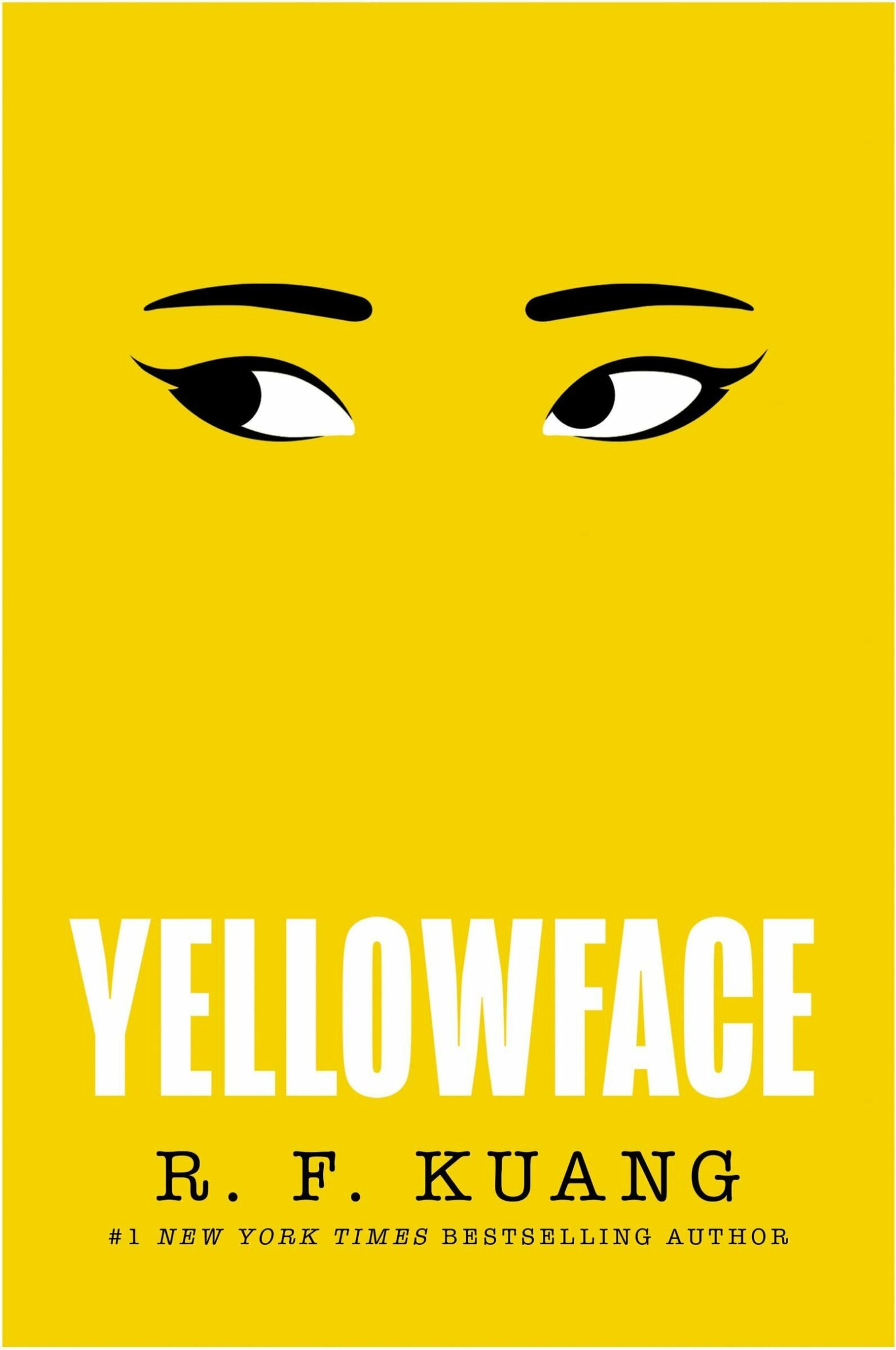Central to Yellowface is the idea that little in life is exactly as it seems. This is explored most obviously through the main plot-line – a sort of case of stolen identity…or more accurately, the theft of an unfinished manuscript of a dead woman – but also through an examination of industry, both the old-world publishing industry, as well as the new-age ‘wild west’ that is social media.
Set mostly in modern America, there are two main characters: the protagonist, June (Juniper) Hayward who, at least at her self-description is the more self-aware and likeable of the two, with a sense of the underdog. Notwithstanding, her self-absorption and self-serving bias are extreme. This is probably a commentary on how social-media is inspiring (or corrupting) a generation. Caught in a constant tug-of-war, June grapples with moral integrity on one hand, and on the other the required level of self-interest to prevail in a dog-eat-dog literary world.
In contrast, Athena Liu is painted as a portrait of almost effortless success, even when it comes to maneuvering the ethical mine-field of being a modern-day media star.
A caricature of modern-day globalisation and cultural amalgamations, Athena is upper class, of Chinese-descent who appears to be as comfortable with the most cliche of Western-isms as she is relating to the struggles of yesteryear’s’ working-class China.
While the story does get a bit more intellectually and creatively sophisticated as it goes on, and the finale is clever, ultimately Yellowface follows a fairly routine “ticking time-bomb” structure sparked by June’s appropriation of Athena’s manuscript.
There are also some instances of awkward story-telling, like June witnessing the already deceased Athena in the flesh at her first PR event for the novel, “The Last Front” – but this supernatural event never being resolved, and to the contrary being further complicated by social media accounts referencing Athena’s “ghost”.
Regardless of its flaws, Yellowface does offer some interesting themes. If you’re studying the novel or reading it for book-club, here are three to consider:
- Ethics and Righteousness in the Echo Chamber that is Modern Media
- Yellowface delves into the intricate interplay of historical and trend-based dynamics in publishing, media, and academia.
- The Era of Cancel Culture: With platforms like Twitter hyper-amplifying public opinion, the book explores the real-life repercussions that can ensue when missteps become the subject of the online masses. This climate particularly jeopardises figures reliant on public sentiment, such as politicians and authors, where minor fault lines can escalate into devastation.
- Flow-on economies: Yellowface examines how the new media landscape has yielded new cottage industries like ‘sensitivity readers’, who read manuscripts to trawl for unrepresentative or racist characters.
- Publishing and Media – A Fraught Industry
- Yellowface does feel like an exercise in an author motivated to demonstrate her extensive knowledge of the publishing industry – but at times to the point of excess, where it no longer serves the narrative.
- Despite the pointed barbs at the industry, someone with extensive knowledge of a broad range of industries might argue that it (the publishing industry), despite more unique problems like deplorably low pay, is ultimately not much better or worse than many others. And thus this theme ultimately proves to be an overly-narrow endeavour by the author.
- Kuang explores the idea that book sales are self-fulfilling; sales are based on hype, so whoever controls the hype controls the market. She does well to explore this idea across the contrasting environments of old-world and modern, social media, ultimately suggesting that an average person is going to find it difficult to reconcile, let alone navigate these two worlds, especially the harsh landscape of social media.
- Marketability
- While there is no doubt a level of transparent irony and self-commentary throughout the novel, with lines like “best-sellers are chosen” (as opposed to success being determined on account of the hard-work of the author), it’s not always clear whether the tricks the book employs are intended solely for readers’ benefit, or more so to make the book as a product more marketable. Take for example:
- The book’s title, ‘Yellowface’, obviously targeting the Asian market but also creating intrigue potentially well beyond that market for its borderline-racist connotation.
- The story casually referencing Asian-themed pop-culture like the Netflix series, Bling Empire.
- Athena’s unsympathetic sentiment toward ethnic peers , “No one wants another feel good immigrant story…boo hoo, did they think your lunch smelled bad?”. While at first blush this bit might feel non-supportive of Asians in the western world, paradoxically it’s empowering… “We don’t need to be felt sorry for. We have legitimate stories to tell and are no less worthy than white people.”
- Yellowface is also very cynical about the arbitrariness that underpins an author’s success, and in turn questions at a more meta level whether, and if so how appropriate it is that wealth acts as a proxy for an individual’s success or achievements. But this may be a red herring, considering June’s success with “The Last Front” being rocketed from the moment she submitted to her publisher, notwithstanding to that point she’d enjoyed only limited success.


